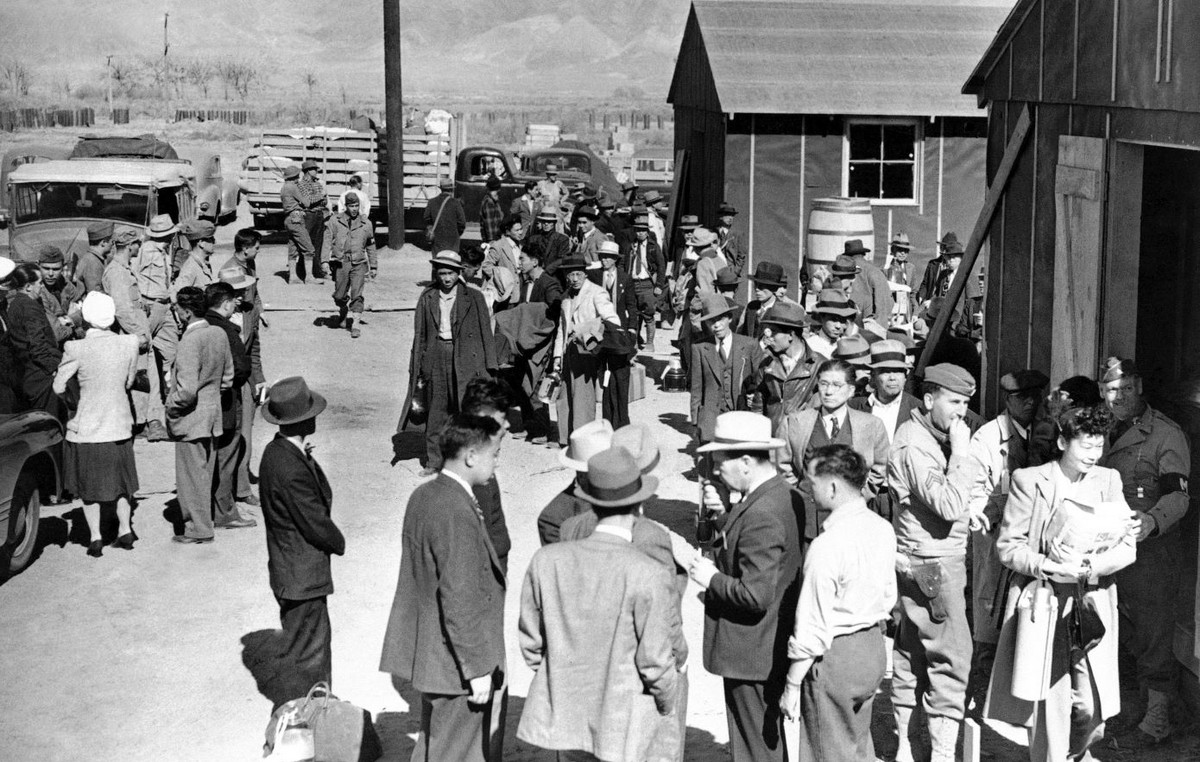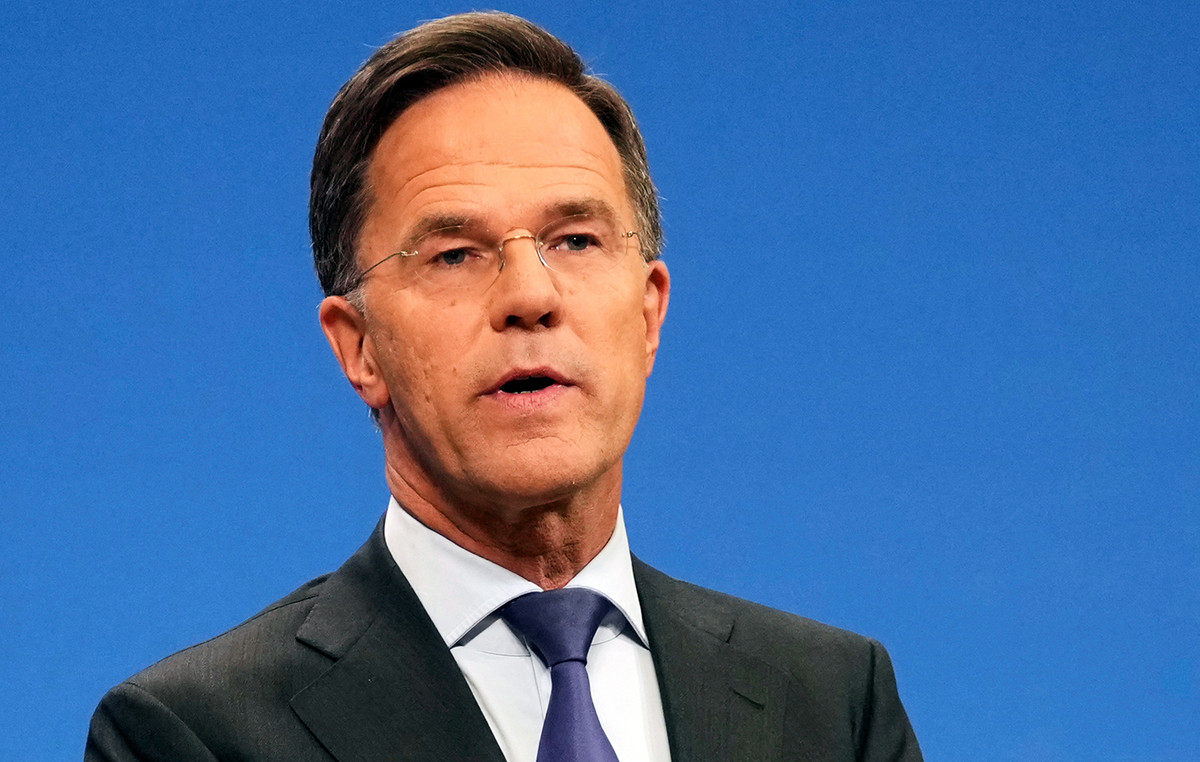The Independence of Brazil is born of a huge fiscal crisis and inflation. This is the conclusion of journalist and historian Rafael Cariello and economist Thales Zamberlan, in the work “Adeus, Senhor Portugal:”.
In an interview with CNN Brasil Business Cariello explained the historical, economic and political factors that resulted in an economic crisis, in the discontent of the elites and the population and, consequently, corroborated the proclamation of independence in 1822.
At the beginning of the 19th century, in 1808, the Portuguese royal family arrived in Brazil. The then Emperor D. João VI flees from Portugal due to the French invasions, commanded by Napoleon Bonaparte as part of the expansionist dynamics of Napoleonic France and as part of the retaliations that Bonaparte planned against the United Kingdom – known as the Continental Blockade.
In that context, all nations begin a process of major investment in the military sector. Cariello says this process started mainly with France and the United Kingdom. Military expenditures added to expenditures arising from the regime itself and the will of kings – with the maintenance of palaces, courts, banquets, parties and other excesses – began to weigh on the budgets of European countries between the 18th and 19th centuries.
The historian explains that fiscal irresponsibility was even one of the causes of the French Revolution, when the absolutist monarchy that ruled the country for centuries collapsed.
Until the French invasion of the Iberian Peninsula, Portugal kept its budget relatively balanced, explains Cariello. However, upon arriving in Brazilian territory, the government of D. João VI began a large period of spending on the army to expel the French from their homeland. In addition, expenses were necessary to make a new state viable in Brazil, organizing offices and employing Portuguese and Brazilians in them, as well as in the court.
The expenses, however, did not end, since the then emperor was also mobilizing troops in America to conquer the Cisplatina province, present-day Uruguay, and thus guarantee access to the mouth of the Rio de la Plata. “All the costs of wars were high and rising. Between 1808 and 1820, military expenditures in Brazil alone increased two and a half times”, says Rafael Cariello.
In this way, the plan thought up by the court to try to cover the expenses was to raise taxes on commodities produced in the country, mainly sugar and cotton, which were produced in the provinces of Bahia, Pernambuco and Maranhão – which benefited from of the high demand resulting from the Industrial Revolution that was already taking place in Europe.
“So there’s these huge expenses that need revenue to offset. the main way [de obter receita] is with a tax levied on exports from the Northeast. They charge a lot of taxes and the region’s elites are dissatisfied. But even with taxes, the increase in expenses is greater than the increase in revenues”, says Cariello.
Unsuccessful in covering the deficits with the increase in the tax burden and to try to get around the problem, the government then began to request loans from Banco do Brasil (founded in 1808). As a result, the bank has become one of the UK’s leading creditors of Brazil, Portugal and the Algarves. The authors identified that, in the last years of the Johannine period – between 1808 and 1821, when the court of D. João VI moved to Brazil – 34% of government revenues here came from bank loans.
“What happens is that they start taking money and don’t pay. This means an increase in the monetary base, causing inflation and loss of monetary value. People received worthless money”, says the author. Between 1814 and 1820, the amount of paper money in circulation quadrupled.
Cariello mentions the impact of inflation on some of the basic food items in Brazil at that time: manioc flour and dried meat. The prices of the first doubled and those of the second tripled between 1815 and 1819.
Inflation then begins to erode the wages of the urban population in the cities of Rio de Janeiro and Salvador. In addition to liberal workers, the crisis affected large landowners who saw their costs skyrocket. The scenario continued until Banco do Brasil was close to bankruptcy, causing the government to stop paying the salaries of army soldiers.
“You have a fiscal crisis for not closing the accounts, which becomes an economic crisis – when inflation increases – and that becomes a political crisis. On the other hand, people watched liberal revolutions all over the world and were aware of the possibility of taking powers away from the king, depositing them in a parliament and building a constitution. The idea was to give the rights to those elected by the people to think about a budget, that was how it was in England”, the author details.
The dissatisfaction on the part of the population and the Brazilian elites persists even after the return of D. João VI to Portugal and the end of the absolutist regime – which occurred in 1820 with the outbreak of the Liberal Revolution in Porto and the installation of the Portuguese Constitutional Monarchy.
“After absolutism falls, the Portuguese have an ambition to concentrate all power in Portugal and Brazilians do not accept that. Everyone was short of money. Brazil and Portugal overthrew absolutism at a time when resources were lacking and fought over their meager wealth and how to manage it,” says Cariello.
D. Pedro I assumes the throne, but is unable to deal with the economic problems that penalized Brazil. The country was experiencing a lack of control in public accounts, conflicting relations between the court and its provinces, spending on civil service and privileges to oligarchs, an unbalanced tax system and a deep disagreement with Portugal. The result of all these circumstances would be only one: independence.
The author of the book sums up the event and its celebration as follows: “Brazil’s independence was an affirmation of the power of parliament over the king. Therefore, we must celebrate the laws, the mechanisms of checks and balances, the harmony between the powers”.
Source: CNN Brasil
Joe Jameson, a technology journalist with over 2 years of experience, writes for top online news websites. Specializing in the field of technology, Joe provides insights into the latest advancements in the industry. Currently, he contributes to covering the world stock market.







